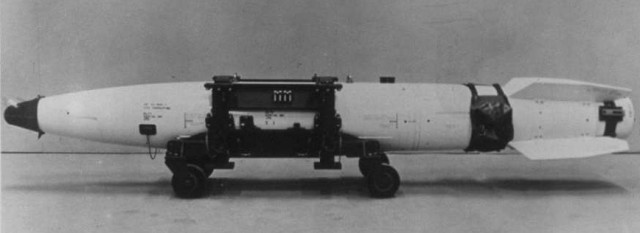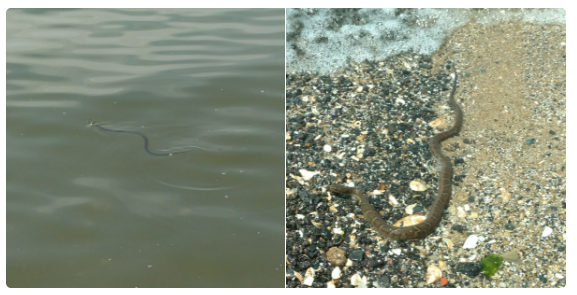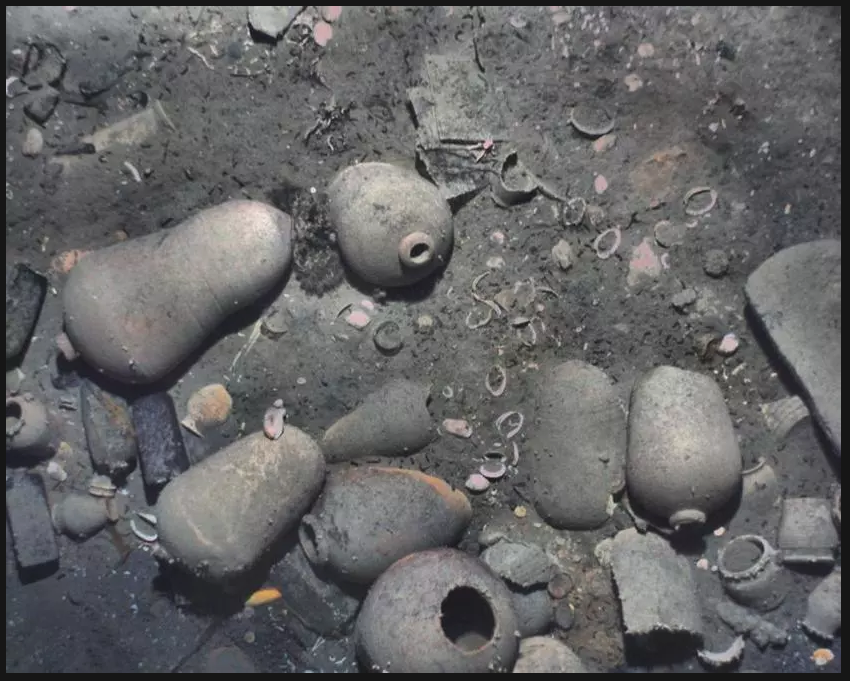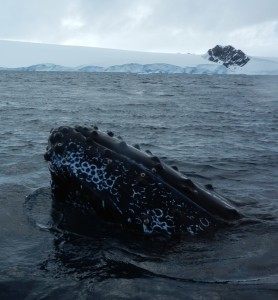
Foghorn (A Call to Action!)
- Trump Administration Guts Endangered Species Act, setting back conservation efforts by decades, dooming thousands of charismatic species to extinction, and sealing his legacy as the racist president that is unambiguously worse than Nixon. Look, at this point, if you aren’t calling your representatives on the regular to demand impeachment, I don’t know what to tell you.
Flotsam (what we’re obsessed with right now)

- Ballard announces new plan to search for Amelia Earhart’s plane. Cool.
- Side Note: Ballard’s search for the Titanic has now been revealed as a front to search for two lost US nuclear submarines. Many defense experts also believe Earhart’s flight was used to provide cover as the Navy populated the Pacific with airfields. So perhaps something else is happening here, too.
- Whooshh! Salmon Cannons Are A Thing.



